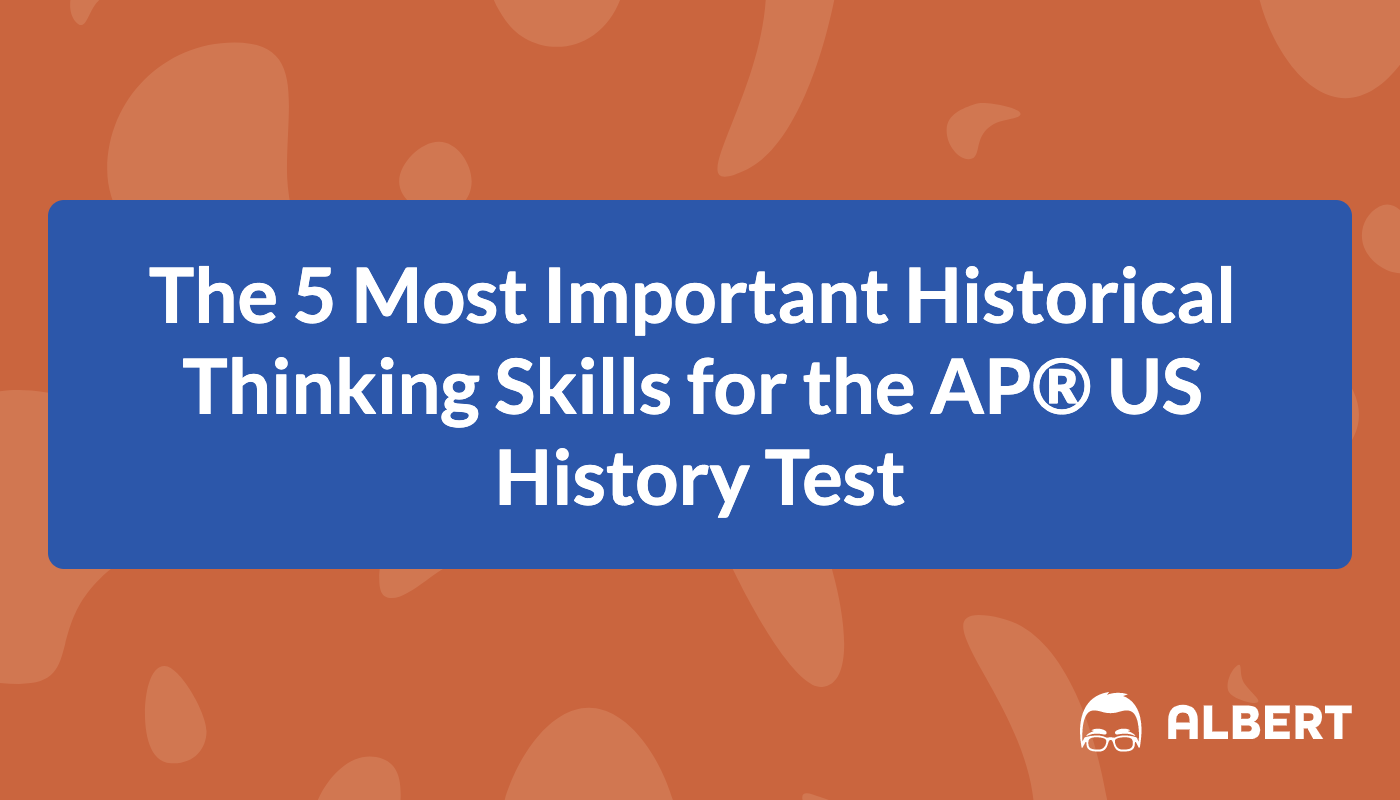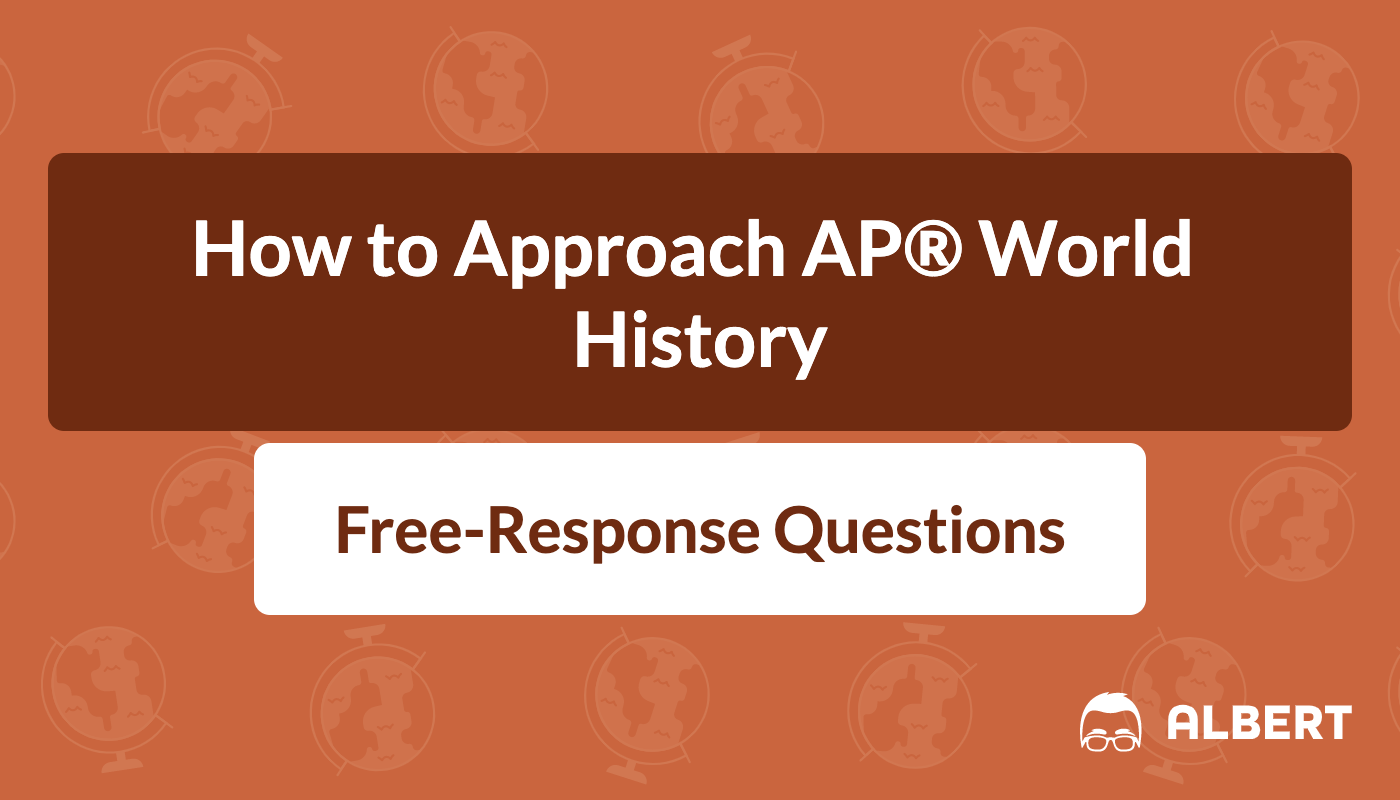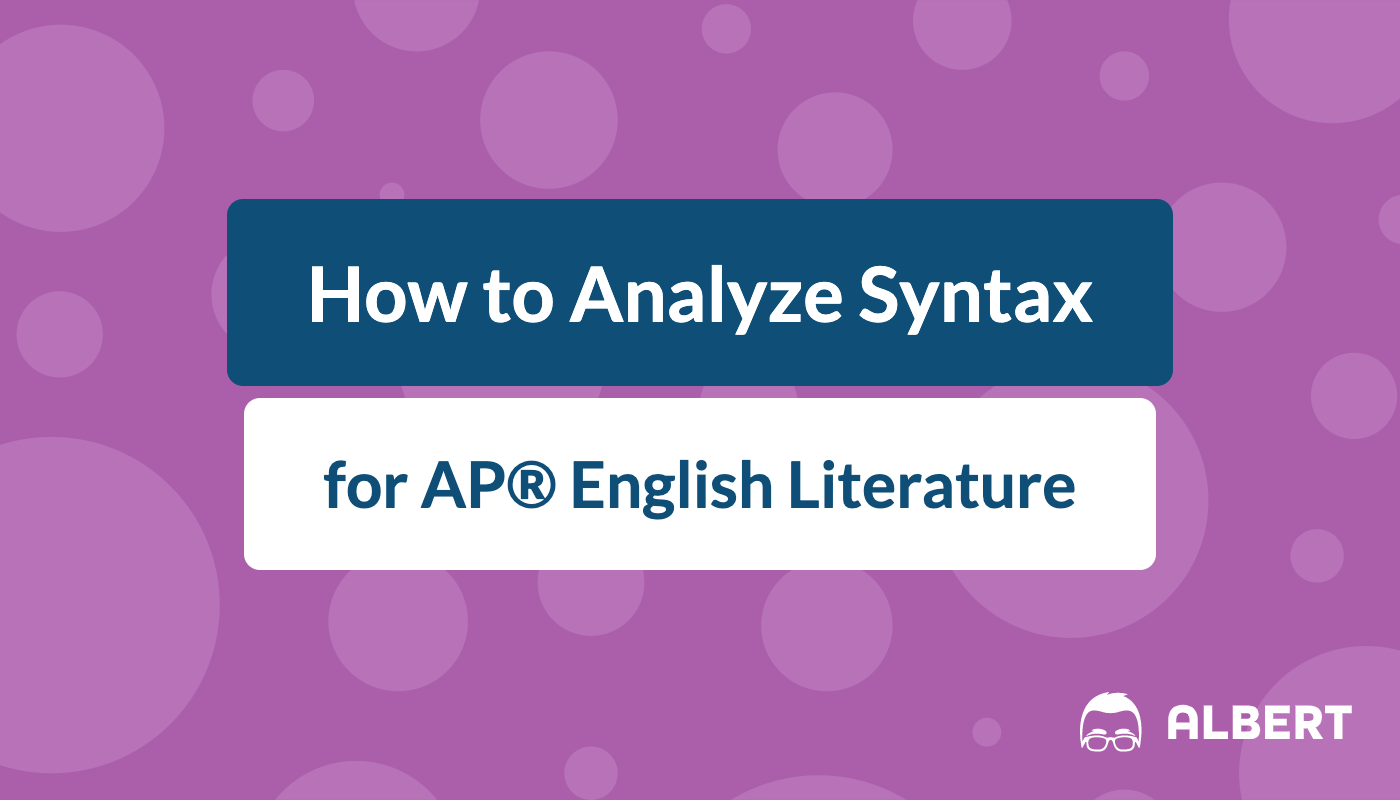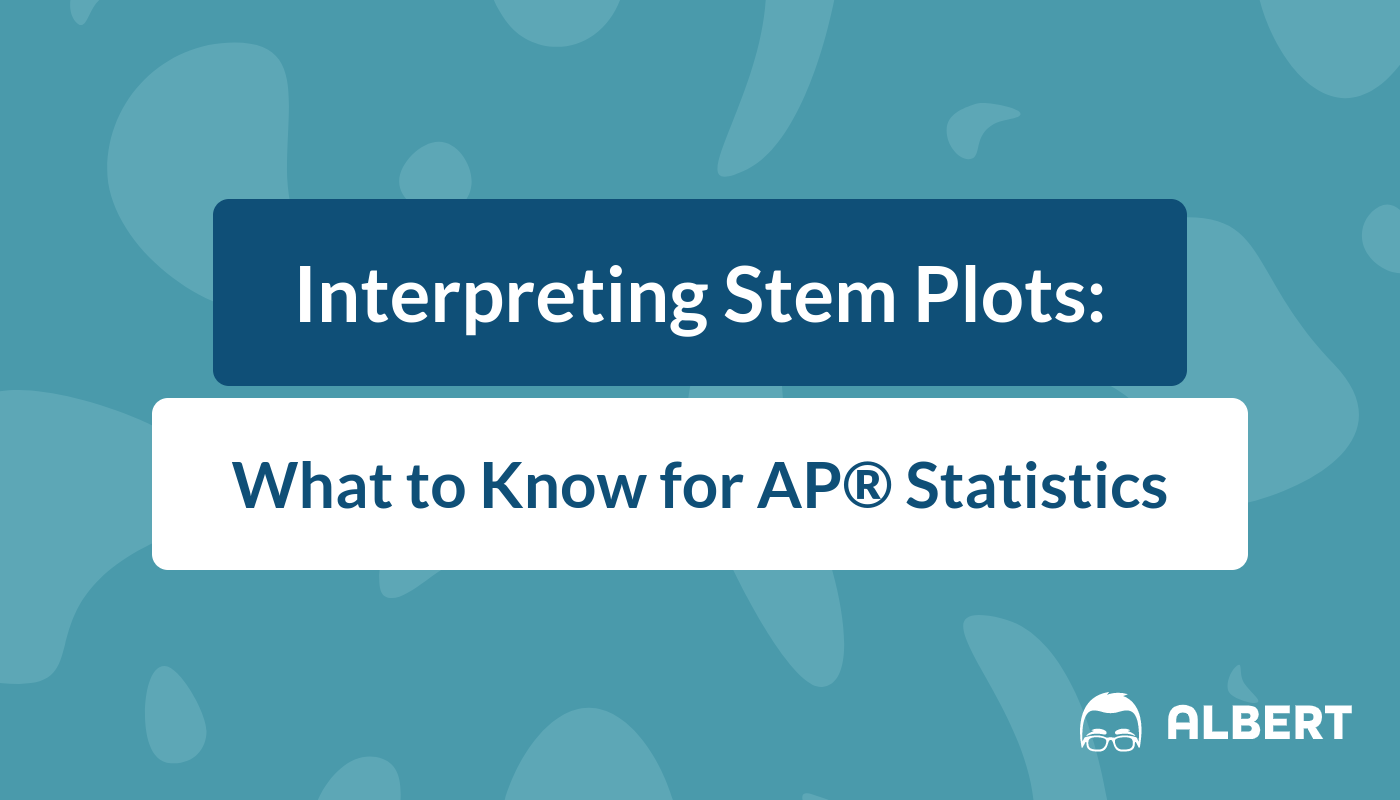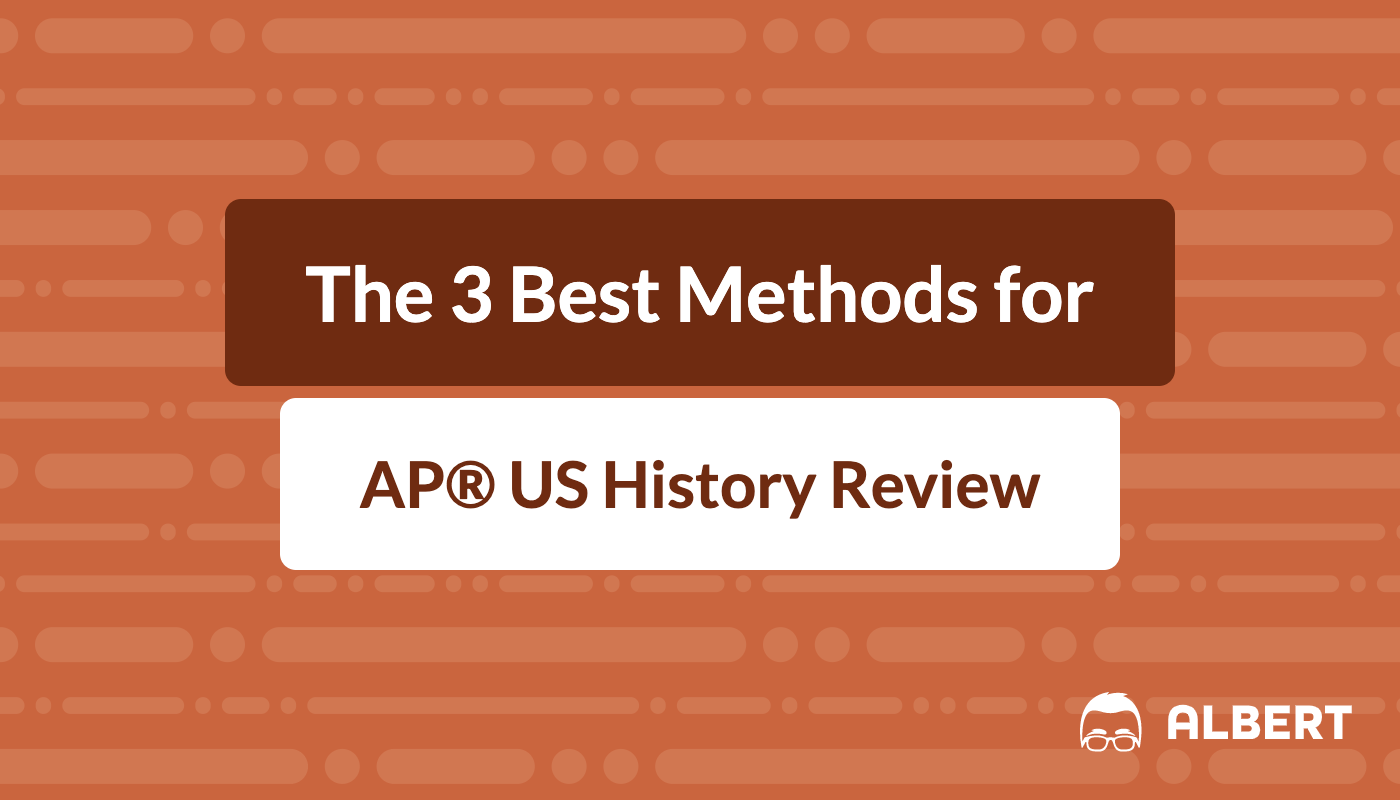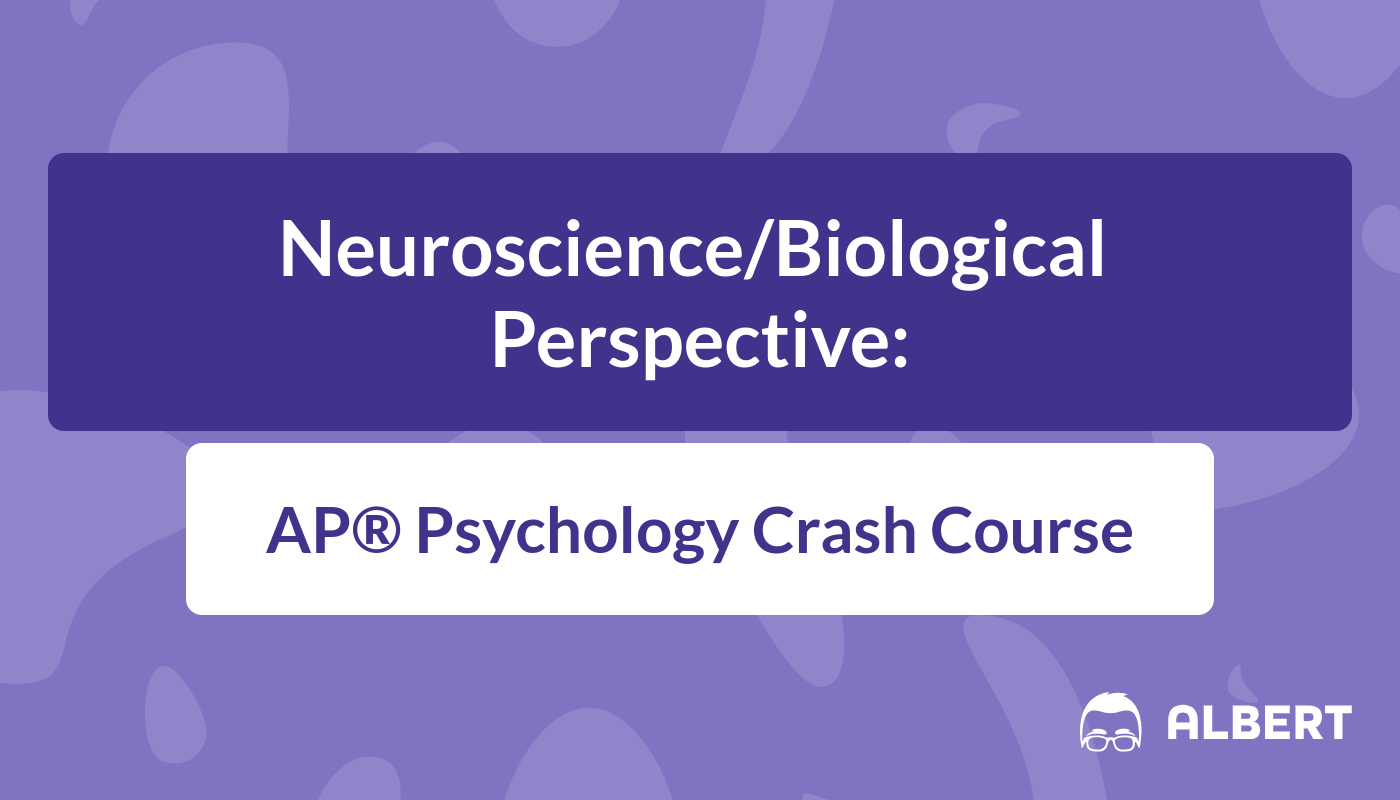The 5 Most Important Historical Thinking Skills for the AP® US History Test
You will invest a lot of time in preparing for the AP® U.S. History Exam, and how you approach each question is key in getting the maximum number of point for that question. Your best bet is to make sure that you have developed solid historical thinking skills. This APUSH review will define the nine historical thinking skills that are central to the study and practice of history. We will then discuss the five most important of those skills needed to excel on the exam.

